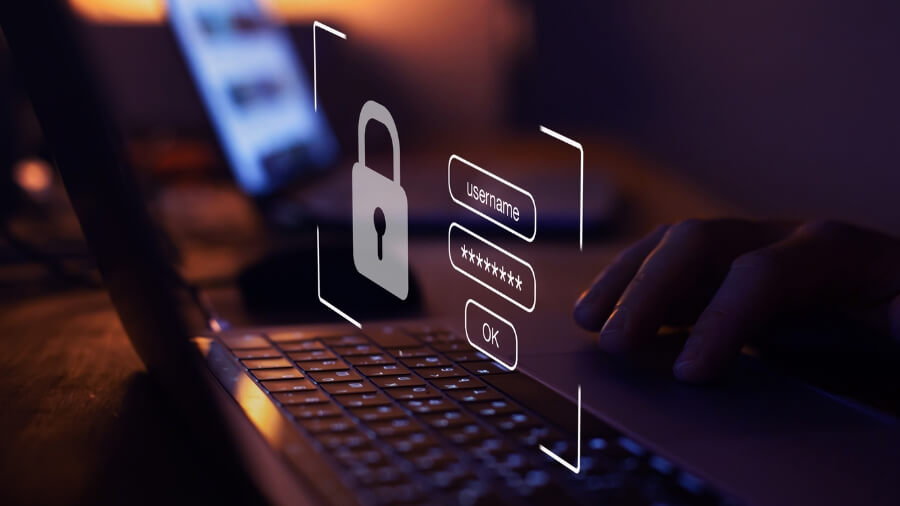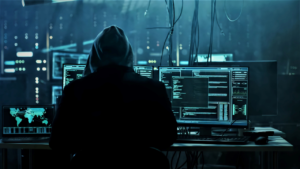In the fourth episode of the first season of STWCast, special guest Dr. Thaís Barbosa explains the importance of combining forensic analysis with legal knowledge, highlighting how this combination is essential to face complex challenges and protect private institutions against fraud.
The investigation process in a company involves a series of steps and procedures aimed at identifying, analyzing, and resolving issues related to suspicious activities, irregularities, fraud, misconduct, or any other problems that may compromise the integrity and interests of the organization. This process is essential to ensure transparency, legal compliance, and the protection of the company’s resources.
Among the main elements involved in a corporate investigation process is the union of the legal sector with private forensics.
How does private forensics collaborate with the legal sector?
By providing technical knowledge and specialized analysis, private forensics contributes to the success of the legal sector’s activities.
Among the main points mentioned by Dr. Thaís Barbosa, a criminal lawyer specializing in electronic law, are:
- Collection and detailed analysis of evidence.
- Support in conducting investigations, including recovering deleted data, analyzing electronic communications, and reconstructing events to elucidate complex situations.
- Technical and practical expertise, translating complex terms to facilitate the legal sector’s understanding.
- Interpretation of the evidence obtained, providing insights into its meaning and legal relevance.
Information exchange is essential

For the collaboration between professionals to be effective, there must be an exchange of information between the expert and the lawyer, reaching a clear definition of the scope of investigations.
In this way, the expert understands the ultimate objectives of the investigation and adapts the depth of the analysis as necessary.
This interaction between professionals helps to direct the expert’s focus, optimizing their approach and aligning with the purpose of the process.
This fact can directly influence success in issuing reports, issuing convictions, and, in criminal contexts, forming a convincing narrative.
Knowledge is fundamental
It is not necessary for a forensic analysis expert to be, at the same time, an expert in law, or vice versa.
However, for the success of investigations, lawyers need to understand technical aspects, and experts need to understand the legal nature of the process.
Mutual knowledge is essential to overcome terminology barriers and ensure that both parties are aligned in the pursuit of justice.
Prevention is the best solution
Thaís reminds us that by investing in cybersecurity, companies can mitigate risks and protect their information, ensuring an effective approach both in prevention and in incident resolution.
She also encourages a proactive approach to cybersecurity, reminding private institutions to invest in prevention from the design of their systems and devices.
Conclusion
We conclude that in an increasingly digital world, forensic analysis and legal expertise come together, providing a solid foundation for successful investigations and effective fraud prevention.
To learn more about the importance of the union between these sectors, and how STWBrasil assisted Dr. Thaís, watch the full episode by clicking on the link below.





